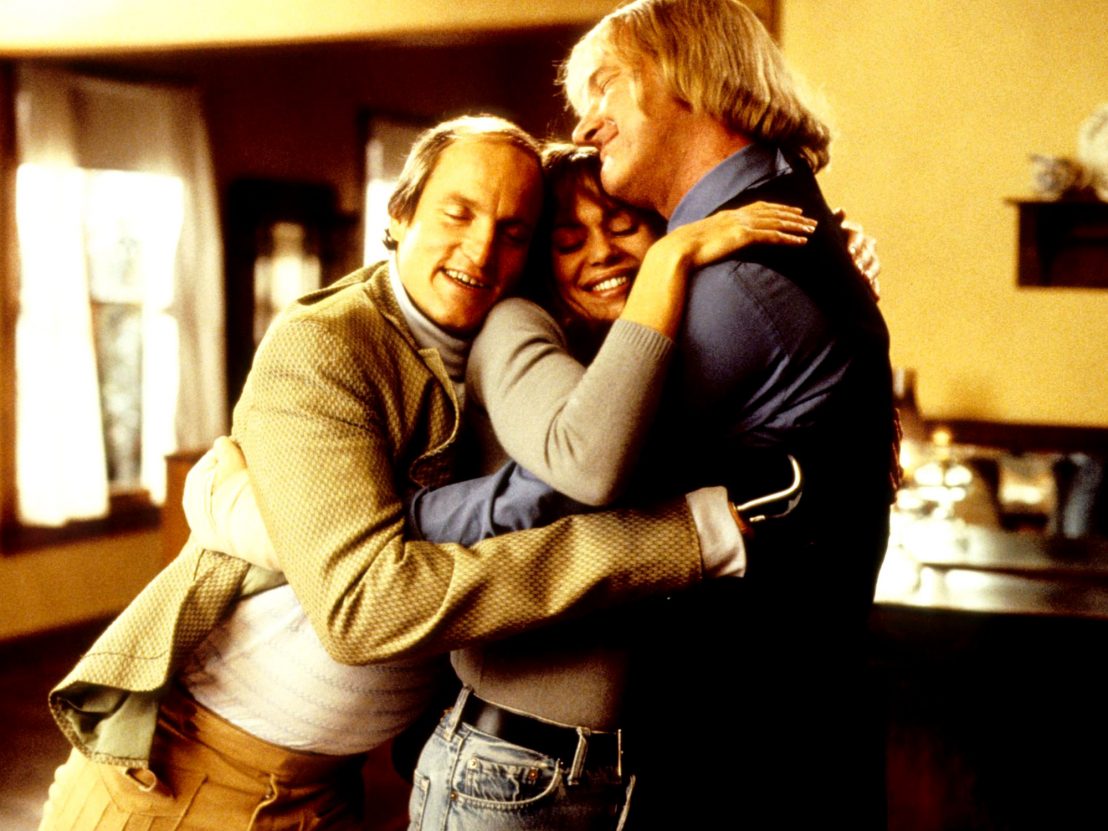
I recently bombed a job interview that seemed a sure thing. It was a job I wanted and, even worse, a job I needed. I got the rejection call, then I missed my bus and had to wait in the rain. Then I lost my wallet. I felt like a real Munson. A born loser. Give me a wide berth.
So I went home and (re)watched the Farrelly brothers’ 1996 film Kingpin. I know what you’re thinking, it’s not the most obvious candidate for a feel good film. Actually, it may be one of the scuzziest films ever produced by a major studio. For the uninitiated, it tells the story of former “man-child” bowling prodigy Roy Munson (Woody Harrelson). An alcoholic, and devoid of his bowling hand after an unfortunate incident involving nemesis Ernie “Big Ern” McCraken (Bill Murray), Munson believes he’s found his ticket out of poverty with Ishmael (Randy Quaid), an Amish man hailing from rural Pennsylvania.
Subtlety isn’t this film’s strong point – most of the jokes concern some bodily function or another, or slapstick violence involving someone’s testicles, sometimes at the same time. What really sets it apart from other ’90s gross out comedies is how genuinely nasty the characters are. At the time of its release many critics, even the ones that liked it, described it as tasteless, vulgar and crude. In one of his most underrated performances, Harrelson is simply hilarious as the stupid, lazy and self-serving Munson.
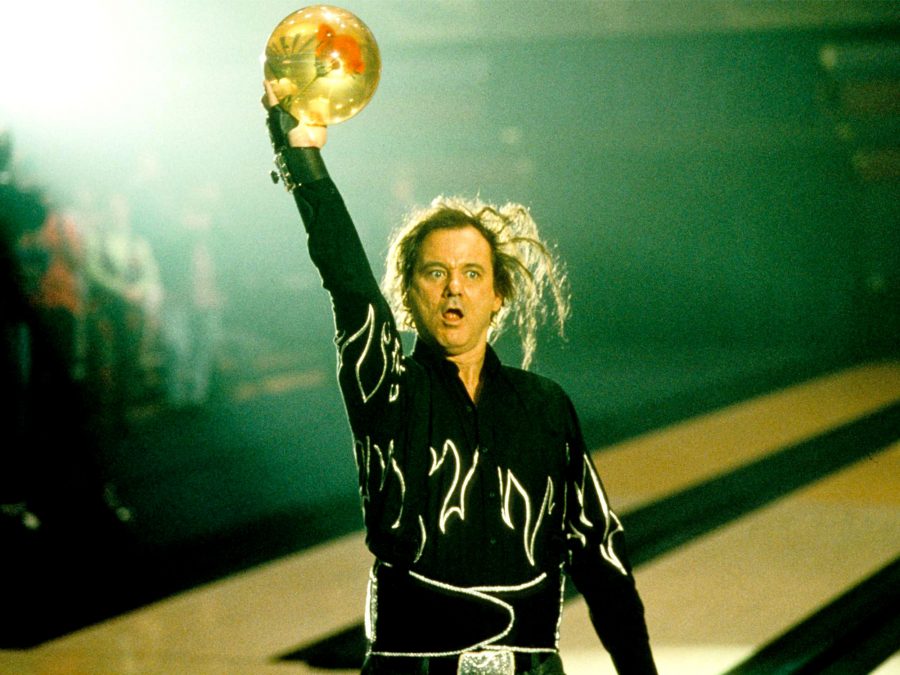
Meanwhile, Bill Murray ad-libs almost every time he is on screen, giving a masterclass in smart arse performance as the womanising sleaze ball Ernie. Farrelly bros’ regular Rob Moran somehow manages to be even more unpleasant as a domestically abusive “bowling enthusiast” and sometime gangster called Stanley. Vanessa Angel’s Claudia is a born grifter and a bowling groupie. Even Ishmael is all too eager to abandon his Amish ways to enjoy the earthly pleasures of coffee and cigarettes. Along with a colourful supporting cast, this is one of the most glorious collections of freaks and weirdoes you’re ever likely to see on screen.
Kingpin also has a refreshing, freewheeling approach to genre. It’s a romantic comedy, a clash of cultures played for laughs, a buddy movie, a road movie and a underdog sports story all rolled into one 113-minute caper. It should also be noted that this is very much a film for adults, with explicitly adult themes. Yet it’s undercut with the universal message that, just maybe, everything will be okay in the end.
Ultimately, this is a story of redemption. A film that says you can always turn things around, that it’s always worth persevering. The 1990s and early 2000s saw a rise in “adult genres”, allowing filmmakers to take greater risks on mid-sized studio films. Kingpin is one of the finest examples of that trend, a film in which nobody involved is particularly interested in focus groups or target markets. It is what it is, warts and all.
After Kingpin, the Farrelly brothers began to scale back the sleaze, retreating to the safer shores of more formulaic rom-coms like There’s Something About Mary and Shallow Hal. But we’ll always have Munson to remind us that you never know when an Amish bowling prodigy might walk into your life and change everything.
Published 29 Jul 2017
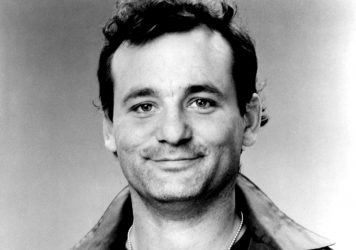
Co-star Zach Galligan reveals the inside story of ‘lost masterpiece’ Nothing Lasts Forever.
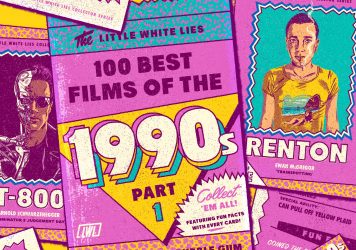
Our ’90s countdown kicks off with movies from Tim Burton, David Lynch and Hayao Miyazaki.
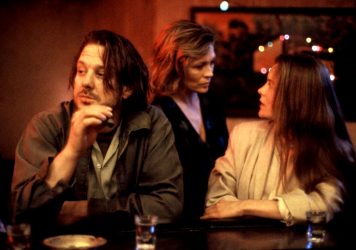
Mickey Rourke is perfectly cast as Hank Chinaski in this down-and-dirty picture from 1987.